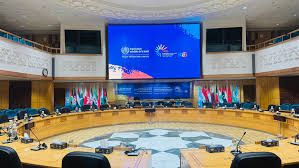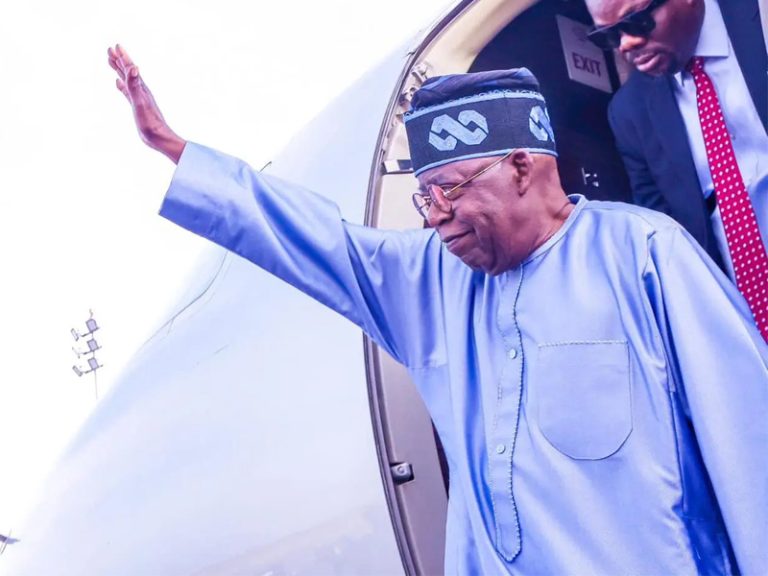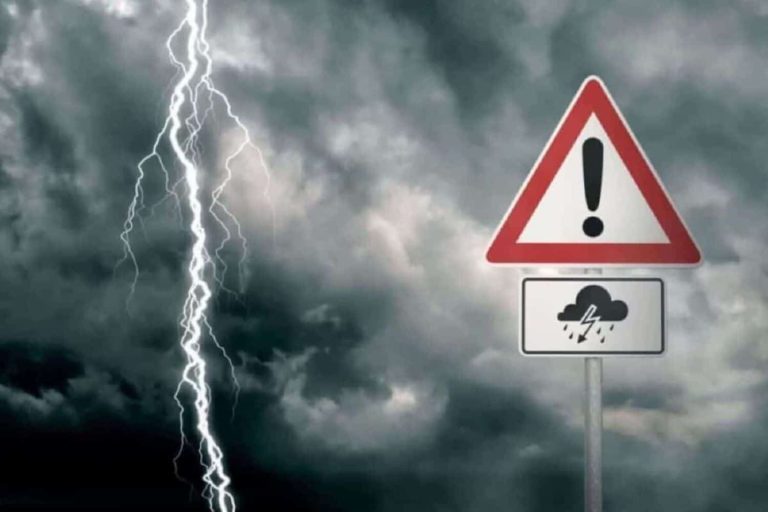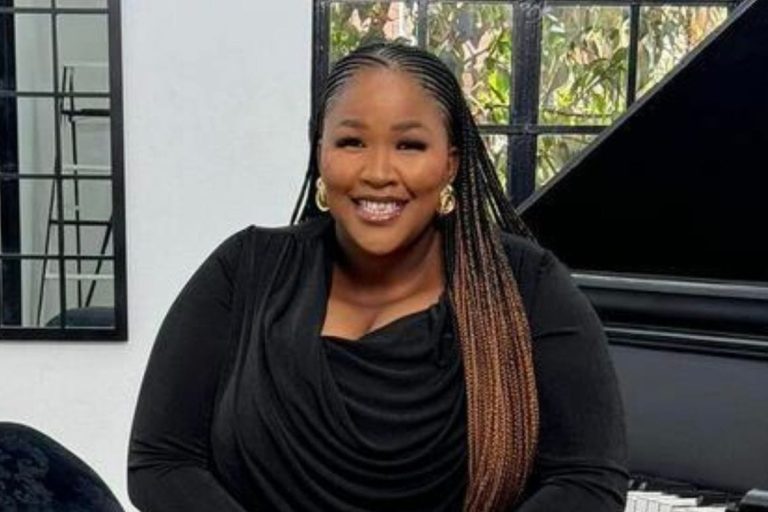
Health ministers, policy-makers, and global health experts have converged in Cairo for the 72nd session of the World Health Organization’s (WHO) Regional Committee for the Eastern Mediterranean, to discuss urgent health priorities and chart a course for stronger, more resilient health systems across the region.
Hosted by the WHO Regional Office for the Eastern Mediterranean (EMRO), the high-level meeting will tackle issues such as polio eradication, health emergencies, immunization programs, palliative care, climate change, and the impact of sanctions on public health, according to reports by ISNA.
On the sidelines of the gathering, Iran’s Health Minister, Mohammad-Reza Zafarqandi is expected to meet with WHO Regional Director Dr. Hanan Balkhy and other health leaders from across the region to deepen cooperation on shared health goals.
This year’s meeting, RC72, comes at a time of extraordinary global strain. Ongoing conflicts, humanitarian crises, climate change, and economic instability are overwhelming many national health systems and threatening progress toward universal health coverage.
Delegates are expected to deliberate on several technical papers and adopt resolutions addressing key regional health challenges. These include:
-
Halving the number of zero-dose children—those who have never received a single vaccine—by 2030, while working to eliminate rubella and congenital rubella syndrome.
-
Integrating palliative care into national health systems to ensure that millions suffering from preventable pain—especially cancer patients, children with congenital conditions, and displaced persons—receive compassionate care.
-
Strengthening health systems in crisis-affected countries such as Afghanistan, the occupied Palestinian territory, Sudan, and Yemen through coordinated humanitarian and recovery efforts.
-
Improving laboratory safety and governance, a critical yet often overlooked pillar of regional health security.
-
Developing a climate-resilient health framework to help countries adapt their health systems to the growing impacts of climate change, in line with the Global Plan of Action on Climate Change and Health adopted earlier this year.
Ministers will also assess progress on key health initiatives, review governance matters, and consider a call to action on breast cancer, the leading cancer among women in the region.
In a related development, WHO Regional Director, Hanan Balkhy, has commended Iran for its leadership in advancing universal health coverage (UHC). Speaking during a meeting on the sidelines of the 78th World Health Assembly, she lauded the country’s progress in expanding primary healthcare services, increasing rural health access, maintaining high vaccination rates, and reducing maternal and newborn mortality.
She added that WHO EMRO is collaborating with Iran’s regulatory authorities to help the nation achieve Regulatory Maturity Level 3 in its pharmaceutical system, an advancement that will enhance exports of health products and strengthen global health security.
As the Cairo meeting continues, delegates are expected to adopt resolutions that not only strengthen public health systems across the Eastern Mediterranean but also reinforce the region’s role in global pandemic preparedness and health equity.



